Pyroelectric energy sensors are used to measure the energy per pulse, of repetitively pulsed laser beams. Their fast response times enables measuring every pulse at rep rates as high as 25 kHz.
Make the most out of your sensor – Don’t let your meter pulse rate limitations stop you!
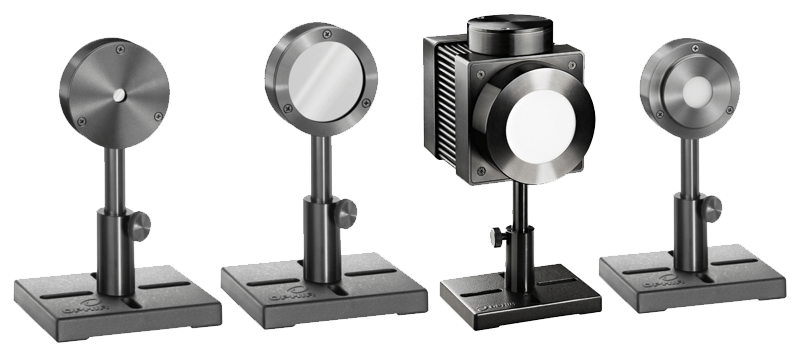 Ophir Pyroelectric Energy Sensors and Photodiode Energy Sensors support pulse widths from nanoseconds or below, up to 20ms. Most of the time, measurements in digital format are adequate. They are adequate either in the form of measurements displayed on a screen, or data logged into a log file using Ophir’s StarLab software.
Ophir Pyroelectric Energy Sensors and Photodiode Energy Sensors support pulse widths from nanoseconds or below, up to 20ms. Most of the time, measurements in digital format are adequate. They are adequate either in the form of measurements displayed on a screen, or data logged into a log file using Ophir’s StarLab software.
Nonetheless, sometimes it is necessary to use an analog voltage output for compatibility with other types of equipment in the your setup. Some meters do not offer Analog Output, and some of those that do support Analog Output offer low update rates. In order to accommodate this need, Ophir offers the “Scope Adapter” for Pyroelectric sensors.
The Adapter connects between the sensor & the meter. A BNC connector carries an analog voltage signal that represents the energy of each pulse, at up to the maximum pulse rate that the sensor can respond to, without being limited by the maximum pulse rate of the meter.
Using the Pyro Scope Adapter
The voltage seen on the scope adapter (i.e. the shape and width of the displayed voltage pulse) does not reflect the timing of the laser pulse on the sensor. It reflects the measurement cycle of the Pyro-C internal circuit. The voltage output is updated after the measurement is available from the sensor, depending on the Pulse Width option you’ve initially selected.
The exact time the voltage is updated will normally be longer than the chosen Pulse Width, and depends on inner settings of the sensor’s software.
The voltage will stay steady at the same voltage until the next pulse measurement. If the pulses are all of similar energy this may make it difficult to detect when the next measurement is updated. If the pulse energy is varying, there will be more obvious changes in voltage up and down for each pulse measured.
There may be cases you’ll want to see a voltage that drops to zero after every measurement. In that cases, you’ll need to set the meter’s software to be in a special “Scope Mode” mode. The “Scope Mode” puts the sensor into a special mode where it can set the voltage to zero between pulses. When set into this mode, the host meter may stop displaying measured energy, and you’ll have to rely solely on the analog voltage output. Only the Nova-II, Vega and some older models support “Scope Mode”; for newer models you can use the Scope Adapter but the voltage will not drop to zero between each pulse.
Read more here
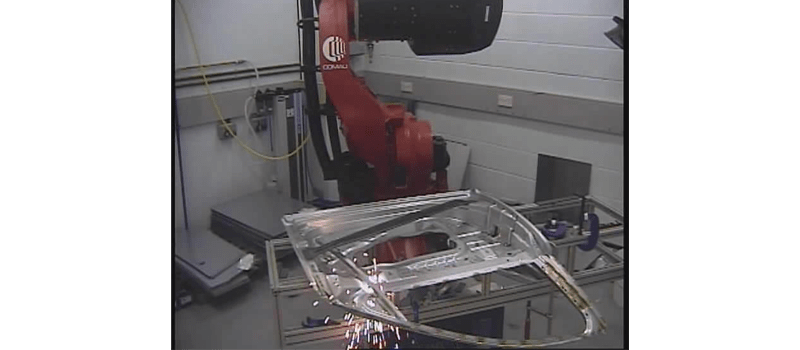
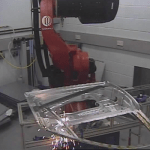




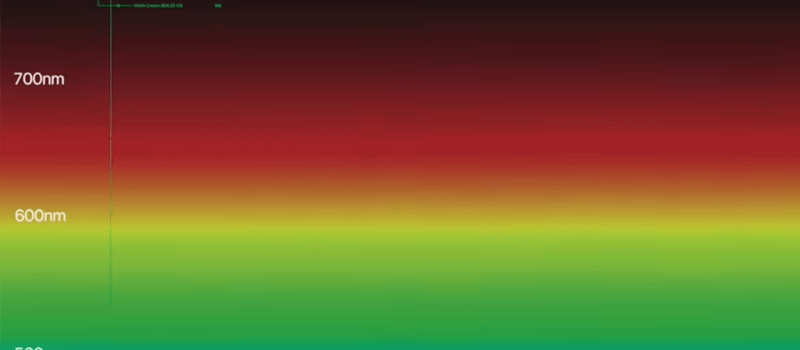



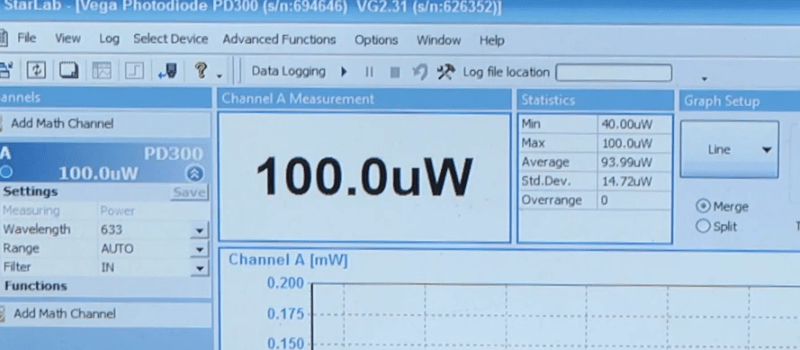
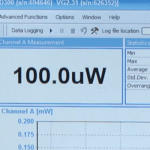
Leave a Reply
Your email address will not be published. Required fields are marked *